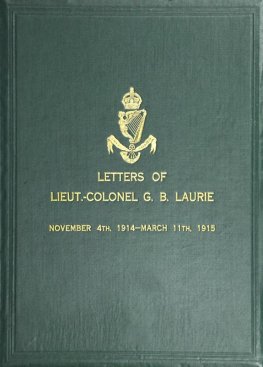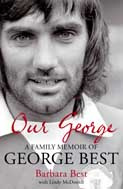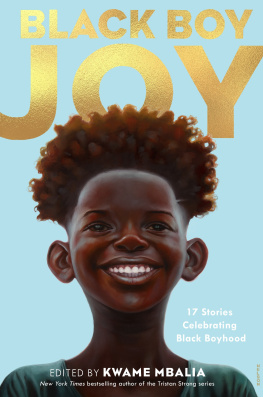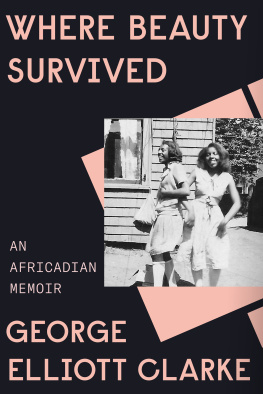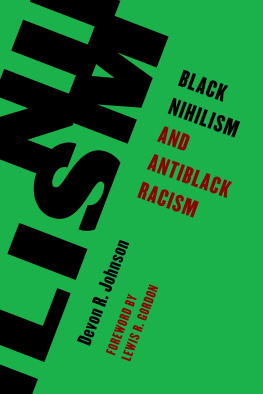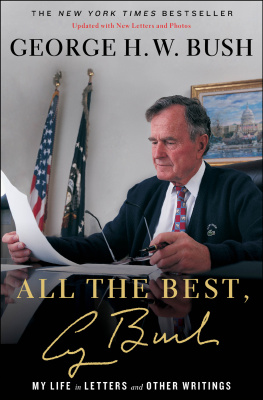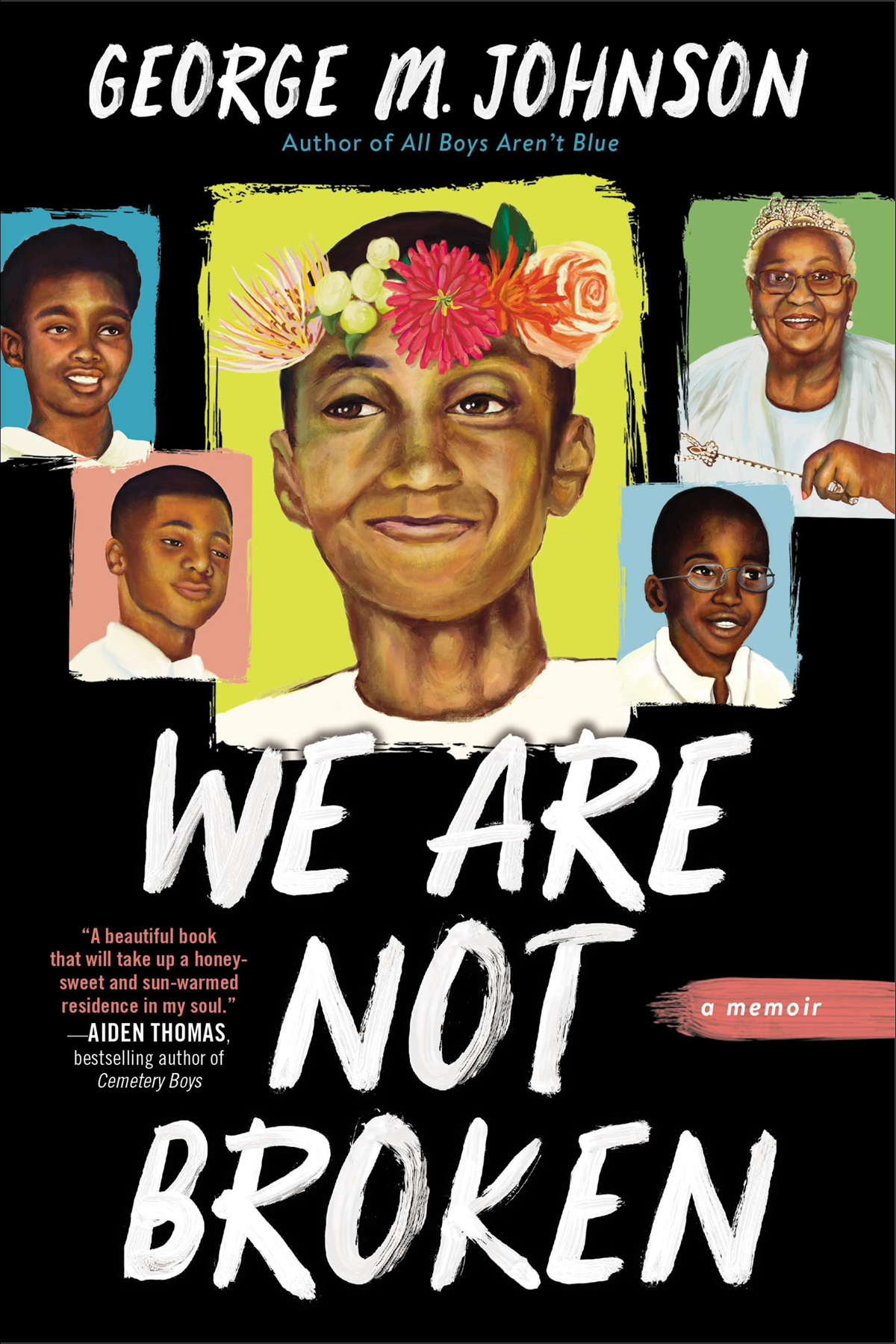
This is a work of creative nonfiction. While the events are true, they may not be entirely factual. They reflect the authors recollections of experiences over time, and these memories can be flawed. Additionally, some names and identifying details have been changed, some events have been compressed, and some conversations have been reconstructed.
Copyright 2021 by George M. Johnson
Cover art copyright 2021 by Johnalynn Holland. Cover design by Karina Granda. Cover copyright 2021 by Hachette Book Group, Inc.
Hachette Book Group supports the right to free expression and the value of copyright. The purpose of copyright is to encourage writers and artists to produce the creative works that enrich our culture.
The scanning, uploading, and distribution of this book without permission is a theft of the authors intellectual property. If you would like permission to use material from the book (other than for review purposes), please contact permissions@hbgusa.com. Thank you for your support of the authors rights.
Little, Brown and Company
Hachette Book Group
1290 Avenue of the Americas, New York, NY 10104
Visit us at LBYR.com
First Edition: September 2021
Little, Brown and Company is a division of Hachette Book Group, Inc. The Little, Brown name and logo are trademarks of Hachette Book Group, Inc.
The publisher is not responsible for websites (or their content) that are not owned by the publisher.
Photographs courtesy of George M. Johnson
Library of Congress Cataloging-in-Publication Data
Names: Johnson, George M. (George Matthew), 1985 author.
Title: We are not broken / George M. Johnson.
Description: First edition. | New York : Little, Brown and Company, 2021. | Audience: Ages 12 & up. | Summary: This is a memoir of Georges boyhood in New Jersey, growing up with their brother and two cousins, all under the supervision of their larger-than-life grandmotherProvided by publisher.
Identifiers: LCCN 2020051559 | ISBN 9780759554603 (hardcover) | ISBN 9780759554610 (ebook) | ISBN 9780759554627 (ebook other)
Subjects: LCSH: African American gay menNew JerseyBiography. | African American boysNew JerseyBiography. | African American familiesNew JerseyBiography.
Classification: LCC HQ76.27.A37 J646 2021 | DDC 306.76/6208996073dc23
LC record available at https://lccn.loc.gov/2020051559
ISBNs: 978-0-7595-5460-3 (hardcover), 978-0-7595-5461-0 (ebook)
E3-20210804-JV-NF-ORI
This book is dedicated to Louise Kennedy Evans Elder,
the woman who my cousins and I affectionately called Nanny. My grandmother, our matriarch, our friend. Nanny, you gave all of yourself to us at many points, at the expense of your own health. As cancer attacked your body six different times over the span of forty years, you never lost your unwavering belief in God and the afterlife. Although your body is no longer in the physical world, we know that your spirit lives ondeath isnt real, and you are still with us as a new form of life. May your many lessons live through us so that we may be a gift to future generations, just as you were to us while here on this earth.
Tamir Rice was twelve years old when he was killed by police officers who mistook his toy gun for a real one. Its a story thats all too familiar. I, too, was a Black boy who played with toy guns. My cousins Rall and Rasul and my little brother, Garrett, were Black boys who played with toy guns. All four of us got the speech early on about how unsafe it was for us to do the same things as our white friends. It was a reminder of the danger in our simple existence.
Black boys dont have it easy in American society. We face many systems of oppression that tend to harden us, forcing us to lock in our emotions and exist in a state of near-constant internal rage. These systems become pipelines to our traumapipelines that many of us never make it out of. Though this trauma and adversity often beat down our spirits, we may be bruised, but we are not broken.
We Are Not Broken is a window into the lives of Lil Rall, Rasul, Garrett, and Ifour Black boys growing up in the small city of Plainfield, New Jersey, under the supervision of our grandmother Nanny. We were four imaginative kids who were allowed the freedom to be individuals and the agency to make decisions rather than be told there was only one way. Centered on our adolescence, these stories discuss masculinity, racism, religion, violence, Blackness, and, most importantly, Black joy. In addition, these stories journey into Black womanhood and the narrative of the Black grandmothera figure that has often been the cornerstone of progress and love in our community.
This book also contains heavy messages around corporal punishment, mass incarceration, racism, anti-Blackness, and homophobia. There is strong language, including the words nigga and faggot. When reading this book, please refer to the words as the n-word or the f-word, especially if you are non-Black or if you are non-Queer, respectively.
Black boys in society are often seen as adults by the age of twelve. We are viewed as dangerous and more prone to violence, and often left broken. This book is an attempt to change our narrative and give voice to our stories through our own eyes. Most importantly, this is an opportunity to disprove any notion that Black boys dont deserve love, affection, care, and the space to be open, vulnerable, emotional, and kind.
Many places around the world are now in a state of protest over the police-caused deaths of Tony McDade, Breonna Taylor, George Floyd, and countless others. George Floyd was once a Black boy. Many Black men were once Black boys, and this is our story of survival in a world that has rarely seen our beauty.
The most disrespected person in America is the Black woman. The most unprotected person in America is the Black woman. The most neglected person in America is the Black woman.
Malcolm X
Ive probably come across this quote more than a thousand times on social media, television, or even on the radio. As someone who has multiple identities, with being Black and Queer at the top of that list, I recognize the feeling of living in a society that sees you as disposable. I understand what its like to put so much into a world that requires you to save it. A world that never once gave a second thought about saving you. Still, being a Black woman is a unique experience, one I could never fully understandmuch like my own unique experience with Blackness and Queerness.
I come from a family of strong Black women. My mother, my aunts, my grandmothers, and their mothers were all women who led their families, supported one another, and stepped in to handle family business without needing to be asked. Black women have always been the ones expected to heal us and make us whole, often neglecting to take the time to heal themselves.
The Black woman who sat at the center of our universe was my mothers mother, who the grandchildren affectionately called Nanny. When people say, We rest on the shoulders of giants, this woman comes to my mind immediately. In her life, she was most certainly disrespected but didnt take no shit. Oftentimes she was probably unprotected, which is why she usually carried a weapon. I know there were many times she was neglected, yet she never once neglected the duties she felt were her purpose as our grandmother. This story is a way to love, honor, and care for her in a way that the world never has.


